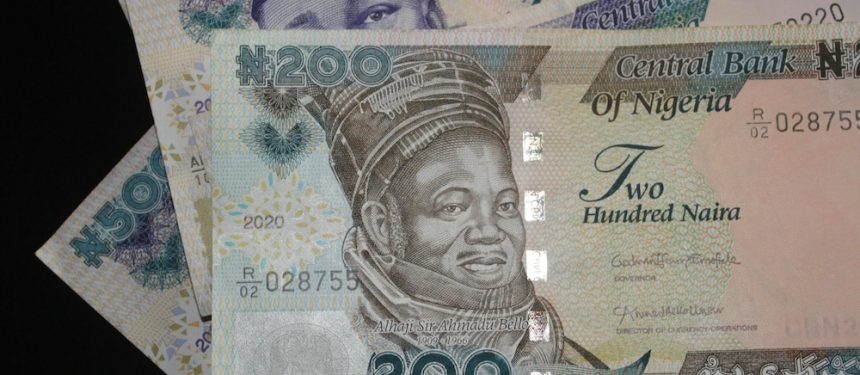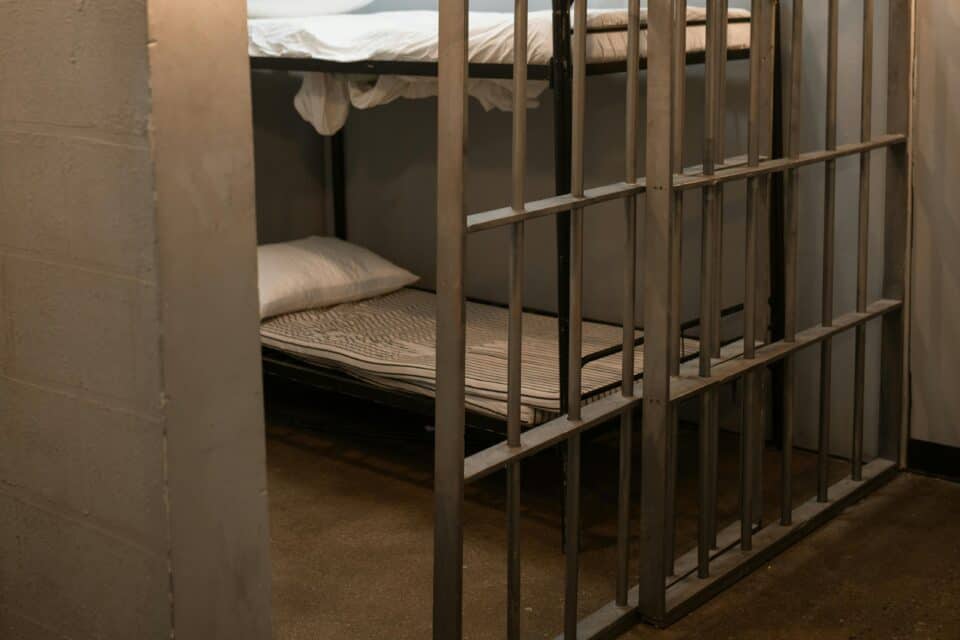The government of Nigeria is threatening dire consequences for any international school registered in the country found charging fees in dollars or any other foreign currency.
The move aims to protect the local unit, the naira, from further erosion – a difficult few years with currency fluctuation that has affected the entire country.
The country’s Economic and Financial Crimes Commission says it is monitoring the more than 70 international schools across Nigeria, already accusing some of them of levying tuition fees in dollars.
Over the last few months the American International of Abuja has been embroiled in a row in which a former state governor in 2021 allegedly paid $845,000 to the school in tuition fees.
The allegations compelled the EFCC to intervene, asking the school to refund the money paid by former Kogi state governor Yahaya Bello – ten years’ school fees for his children to study at the institution.
Charging of fees in dollars and other international currencies by the international schools amounted to a criminal offence, warned the EFCC, and the ban was meant to stop the ‘dollarisation’ of the Nigerian economy.
“Everyone knows that it is illegal to charge in other denominations apart from the naira. Whether in Chinese or American currency, any transaction that is not denominated in naira in Nigeria, the EFCC is against it,” Ola Olukoyede, EFCC’s Chairman, said – adding that all financial transactions in the country must be made using the local unit.
The agency he revealed would clamp down on schools – and anyone else – charging foreign currencies, including hotels, some of the other institutions guilty of attempted ‘dollarisation’ of the economy. The move was meant to ensure that the naira remained Nigeria’s legal tender, he added.
Likening charging of fees in dollars to racketeering, he disclosed that as part of efforts to address the problem and stabilise the naira, which has constantly lost value since late 2022, a task force has been set up to crack down on the issue.
“The EFCC is working to ensure that those breaking the rules find their way back to the right path, so that the wrath of the law will not be on them,” the Chairman added.
The ban is extended to private universities, and the National Universities Commission (NUC) has reiterated that no tertiary institution was allowed to charge tuition fees in dollars – save for when institutions are dealing with international students, according to Executive Secretary Chris Maiyaki, citing the issue earlier in the year.
“Any transaction that is not denominated in naira in Nigeria, the EFCC is against it”
He cautioned that no law in the country allowed payment of tuition in foreign denominations, adding that alleged cases of dollarisation of tuition fees were under investigation.
In February, the EFCC summoned the proprietors of private universities and schools alleged to have been charging tuition in dollars as part of the agency’s efforts to address “forex racketeering”.
Charging in excess of $10,000 in tuition fees, international schools are popular among the Nigerian elite, due to the belief that the education curriculum they offer – such as the British system – boosts chances for studying in universities abroad.
Sustained devaluation of the naira has also left Nigerian students abroad struggling to pay their tuition fees on time, besides generally affecting the economy back home, compelling some foreign businesses to price their services in foreign currencies.
At least 41 of the 70 international schools in Nigeria are situated in the commercial capital Lagos.








